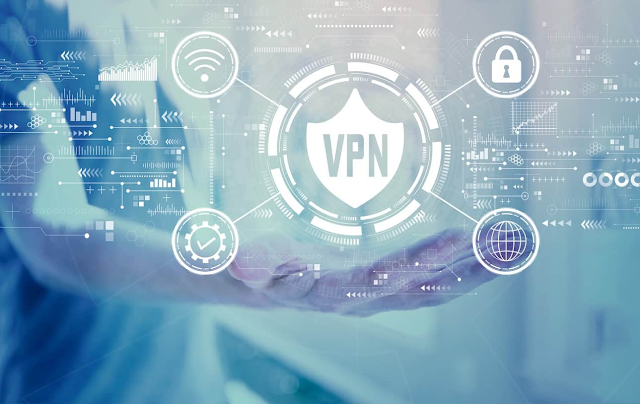One of the topics introduced in T215B is the Virtual Private Network (VPN), as an example of a mechanism to establish a secure remote access connection across an intermediary network, often the Internet. The scope of this article is about VPN by answering the following questions:
a. Give a brief description of VPN.b. Mention at least four of the aspects of design and planning of a VPN policy.
c. Describe at least eight benefits of a VPN?
d. Explain at least four limitations of a VPN?
a. Give a brief description of VPN.
A virtual private network, or VPN, is an encrypted connection over the Internet from a device to a network. The encrypted connection helps ensure that sensitive data is safely transmitted. It prevents unauthorized people from eavesdropping on the traffic and allows the user to conduct work remotely.
b. Mention at least four of the aspects of design and planning of a VPN policy.
Step 2: Prep devices
Step 3: Download and install VPN clients
Step 4: Find a setup tutorial
Step 5: Log in to the VPN
Step 6: Choose VPN protocols
c. Describe at least eight benefits of a VPN?
- Hides your private information
- Escape data throttling
- Avoid bandwidth throttling
- Access region blocked services like Netflix
- Avoid censorship while traveling Abroad
- Offer cheap leased line alternative
- Network stability
- Reduce support costs.
d. Explain at least four limitations of a VPN?
Not designed for continuous use-
The use case for remote access VPN was never to connect an entire enterprise to the WAN. Traditionally, enterprises purchased VPN solutions to connect a small percentage of the workforce for short periods of time. With a shift to large-scale work from home, existing VPN infrastructure is forced to support a continuous workload it wasn’t intended for.
Lack of granular security -
Once a user connects via VPN, they have effectively unrestricted access to the rest of the subnet. For some enterprises, this means non-admin users have network access to critical infrastructure when they shouldn’t
Unpredictable performance -
VPN connections occur over the public Internet, which means network performance is directly tied to public Internet performance. The jitter and packet loss common to the Internet can wreak havoc on mission critical apps and user experience.
Unreliable availability -
Beyond unpredictable performance, enterprises that depend on the public Internet for remote access get no availability guarantees. When public Internet outages mean lost productivity for your entire organization, the risk of depending solely on the public Internet can outweigh the rewards significantly.


JIBON
ردحذفmhfkfjogt@gmail.com
ردحذفmhfkfjogt@gmail.com
ردحذفbishabarmon206@gamil.com
ردحذفAmit
ردحذف01C5BU16HWO8Z1OD
ردحذفPintusk
حذف01C5BU16HWO8Z1OD
ردحذفbivew696@gmil.com
ردحذف01C5BU16H
ردحذفdnis8155@gmail.com
ردحذفDenis
ردحذفmuntiyaz
ردحذفI love you advance server
ردحذف